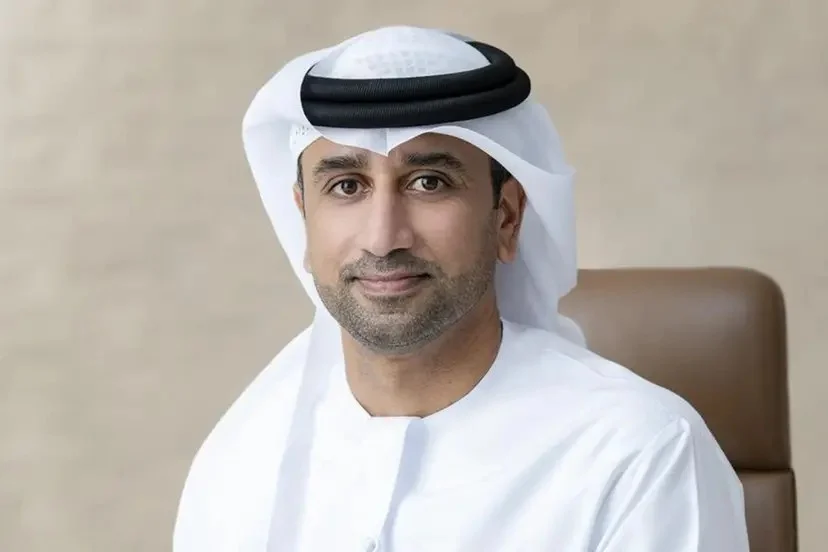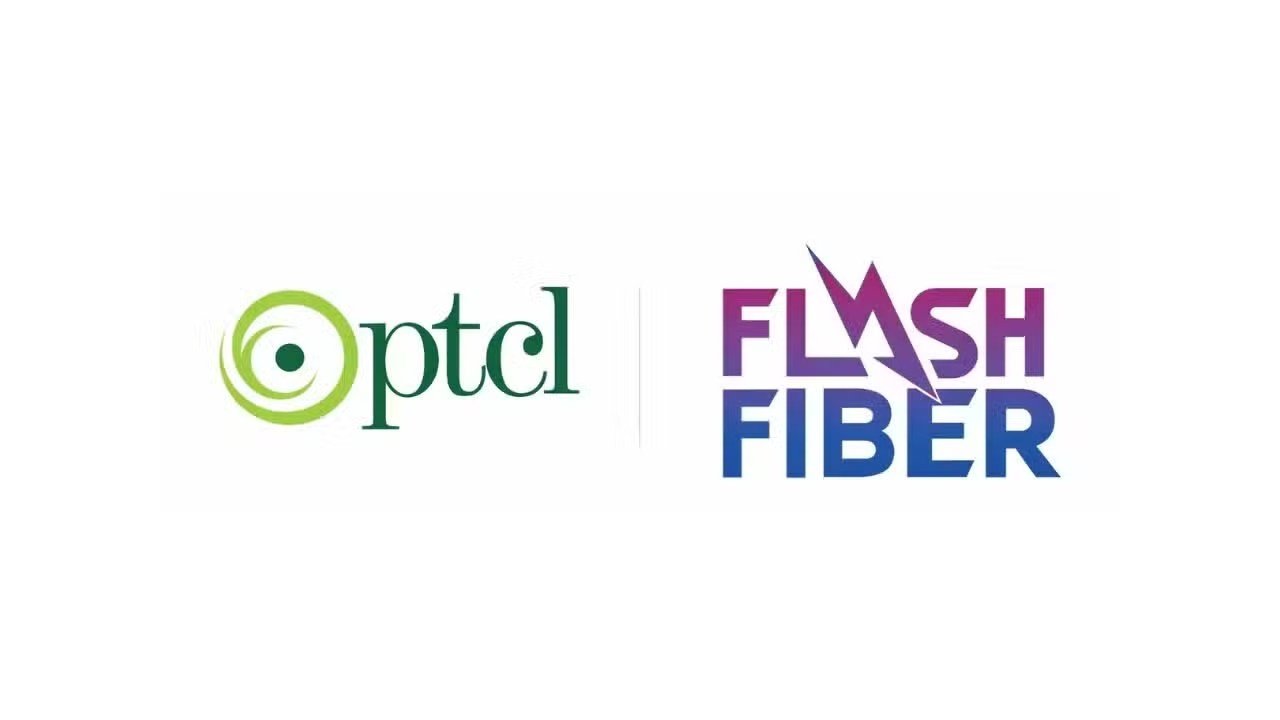The UAE has emerged as the most prepared Arab nation to meet future job market demands in sectors like green technologies, artificial intelligence (AI), and digital industries, according to the newly launched QS World Future Skills Index.
The index, which assesses global higher education systems based on four key criteria — skills fit, academic readiness, future of work, and economic transformation — reveals that the UAE ranks 29th globally, topping the Arab region. It scored exceptionally well in all QS indicators, particularly in academic readiness, where it achieved an impressive score of 90.3, surpassing the global average by 17 points. This highlights the country’s robust higher education system, closely aligned with industry demands and capable of developing future workforce skills.
The UAE also excels in the future of work category, with a score of 77.4, 13 points above the global average, underscoring its advanced job market and abundant career opportunities in AI, digital, and green industries. In the skills fit area, the UAE outperforms the global average by 13 points, with its universities providing students with highly sought-after skills.
The UAE’s Digital Economy Strategy, which aims to double the sector’s GDP contribution by 2031, is transforming Dubai and Abu Dhabi into smart city hubs through initiatives such as Dubai Internet City and Abu Dhabi’s Hub71.
Backed by the National AI Strategy and institutions like MBZUAI, the UAE is driving innovation, job creation, and upskilling in AI. Matteo Quacquarelli, Vice-President of Strategy and Analytics at QS, emphasized that the UAE’s progress in green innovation, digital transformation, and AI is reshaping its economy. However, to fully realize its vision of a sustainable, future-ready, knowledge-based economy, it is essential to bridge the skills gap. This requires stronger industry-academia partnerships, investment in vocational training, and empowering local talent to lead in high-growth sectors.















